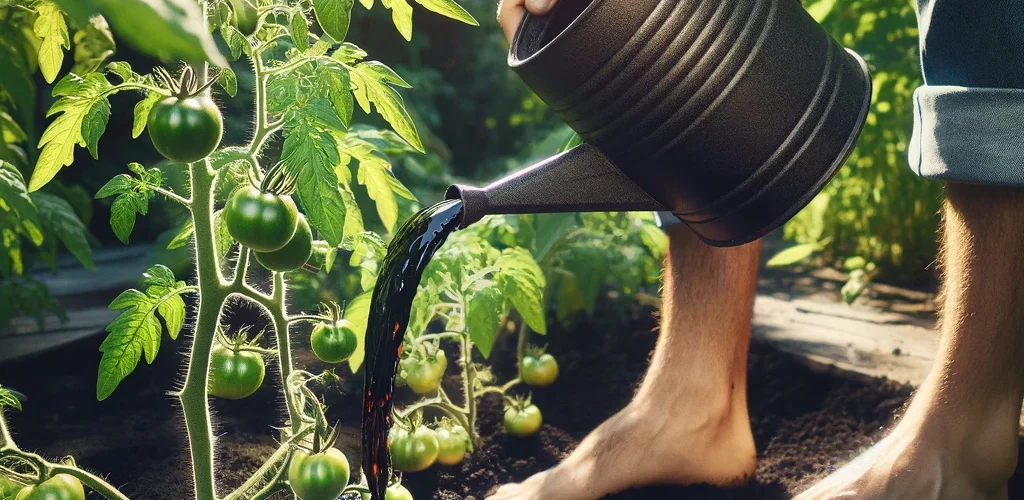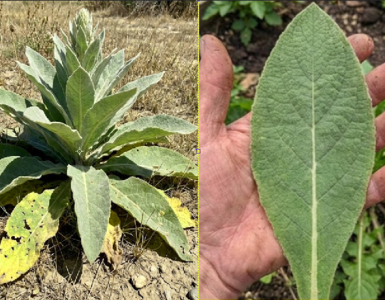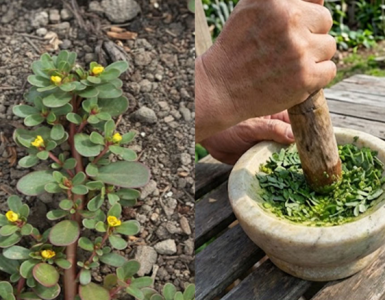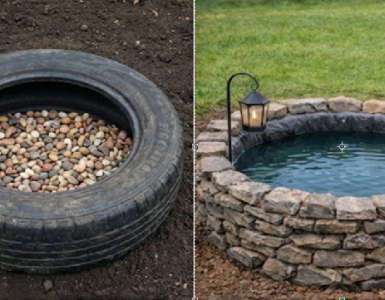Nettle syrup is a potent, natural fertilizer that has been used by gardeners for centuries to boost plant growth and enhance soil fertility. Rich in essential nutrients, nettle syrup can significantly improve the health and yield of crops such as tomatoes, cucumbers, and peppers. This article will explore the benefits of nettle syrup, how to prepare it, and how to use it effectively in your garden.
Benefits of Nettle Syrup
- Nutrient-Rich: Nettle syrup is packed with vital nutrients such as nitrogen, potassium, calcium, magnesium, and iron. These elements are crucial for the healthy growth of vegetables, particularly tomatoes, cucumbers, and peppers.
- Enhances Soil Fertility: By enriching the soil with these nutrients, nettle syrup promotes the development of strong root systems and lush foliage, leading to higher yields and healthier plants.
- Natural Pest Repellent: The strong scent of nettles can help deter pests, reducing the need for chemical pesticides and promoting a more organic gardening approach.
- Eco-Friendly: Using nettle syrup is an environmentally friendly alternative to synthetic fertilizers. It recycles natural materials and reduces the need for chemical inputs, benefiting both your garden and the ecosystem.
How to Prepare Nettle Syrup
Ingredients and Materials:
Fresh nettles (enough to fill a large bucket)
Water
A container with a lid (such as a large bucket or barrel)
A stirring stick
Gloves (for handling nettles)
Steps:
Harvesting Nettles: Collect fresh nettles using gloves to protect your hands from stings. It’s best to harvest nettles before they flower for maximum nutrient content.
Preparation: Fill a container about three-quarters full with nettles. Crush or chop the nettles slightly to help release their nutrients.
Fermentation: Fill the container with water, covering the nettles completely. Stir the mixture well.
Cover and Wait: Cover the container with a lid to keep out insects and debris. Let the mixture ferment for about two to three weeks, stirring occasionally. The fermentation process will produce a strong odor, so it’s best to place the container in a well-ventilated area away from your living spaces.
Straining: After fermentation, strain the mixture to remove the nettle solids, leaving you with a concentrated nettle syrup.
Storage: Store the nettle syrup in a sealed container. It can be diluted and used as needed.
How to Use Nettle Syrup in Your Garden
Nettle syrup is very concentrated and should be diluted before use. Mix one part nettle syrup with ten parts water.
Use the diluted nettle syrup to water your plants, focusing on the base of the plants to ensure that the roots absorb the nutrients. Apply the solution every two to four weeks during the growing season for best results.
You can also use diluted nettle syrup as a foliar spray. This method allows the plants to absorb nutrients directly through their leaves. Spray the leaves in the early morning or late evening to avoid sunburn.
Incorporate nettle syrup into your crop rotation plan to maintain soil fertility and health year after year.
Nettle syrup is a powerful, natural fertilizer that can significantly enhance the growth and productivity of tomatoes, cucumbers, and peppers. Its rich nutrient content and eco-friendly properties make it an excellent choice for gardeners looking to improve their yields sustainably. By preparing and using nettle syrup in your garden, you can enjoy healthier plants and more bountiful harvests, all while supporting a greener, more organic approach to gardening.






Add comment